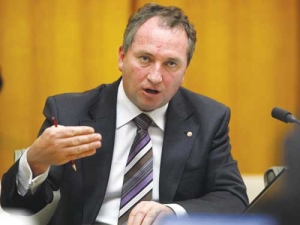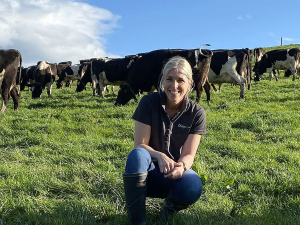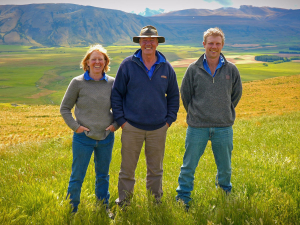Australian farmers can look forward to a A$1.2 billion boost to farm incomes and more drought assistance as part of the recently released Federal Government’s long awaited agricultural competitiveness white paper.
The paper, unveiled by Prime Minister Tony Abbott and Agriculture Minister Barnaby Joyce in early July, foreshadows A$728 million extra for existing and new investment and a further A$500 million to develop new dams over four years.
Delivering the paper was a key Coalition pre-election pledge and a draft green paper released in October last year foreshadowed changes to taxation arrangements and better access to finance.
The paper also commits to extending drought assistance concessional farm loans by a further A$2.5 billion over 11 years.
“The Commonwealth Government’s agricultural competitiveness white paper is an investment in our farmers and our… strengths in agriculture,” Prime Minister Tony Abbott says.
“A strong agricultural sector contributes to a strong economy, and that means more jobs, more exports, higher incomes and better services to the community.”
Agriculture Minister Barnaby Joyce said the Government was “determined to make the sector more competitive and deliver practical actions that will keep our farmers profitable and resilient”.
The package contains A$500 million to develop new dams including pre-feasibility studies, and expands the farm management deposits [FMD] scheme. This enables farmers to better average their incomes by setting aside pre-tax income in good years for drawing on in lean years.
It will be extended to smaller farms and for the first time used as an offset against farm loans. The concession is estimated to cut farmers’ interest costs by up to $150 million a year.
The maximum allowable deposit limit will be lifted from A$400,000 to A$800,000 from July 1, 2016. The package also includes A$11.4 million to establish a special agriculture commissioner on the Australian Competition and Consumer Commission to encourage fair trading in the sector, a further A$200 million boosting R&D, A$200 million to boost biosecurity surveillance and A$30 million to break down technical barriers to trade.
Abbott also hailed the Government’s success in North Asia free trade agreements as boosting farm exports; the Government is still pursuing the US-led Trans-Pacific Partnership (TPP).
The TPP would cover 40% of the world’s economy (including NZ). It aims to set sweeping new rules for trade and investment – tariffs, quotas, intellectual property, labour, the environment and state-owned enterprises.











